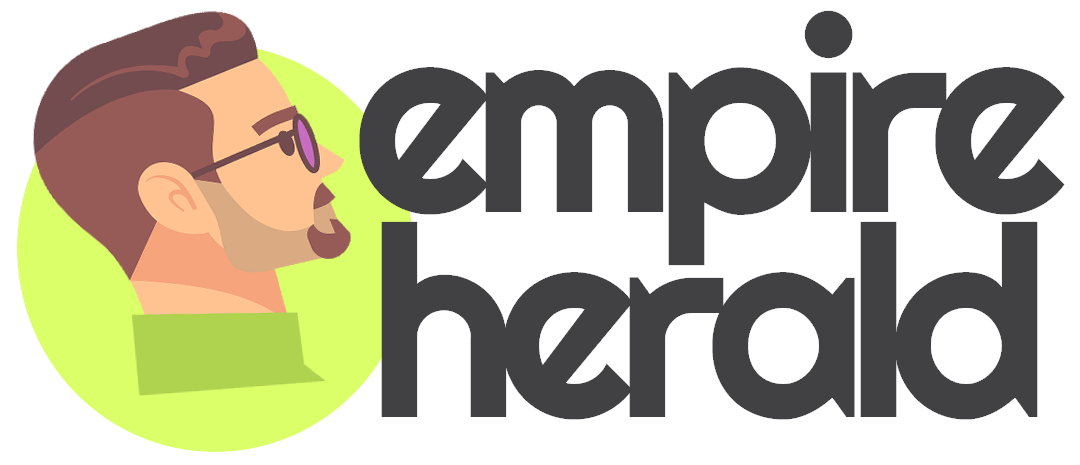Are you applying for a new mortgage? Understandably, you might be worried about making mortgage mistakes. Unfortunately, not a lot of people are experience in getting a mortgage. Most homeowners purchase one home and that’s it. If this is your first time working with a mortgage broker, it’s understandable that you may make a few rookie mistakes here and there.
If you’re in the process of receiving a mortgage approval and you don’t want your application declined, here are eleven mortgage mistakes to avoid:
Mistake #1: Adjustable mortgage rate
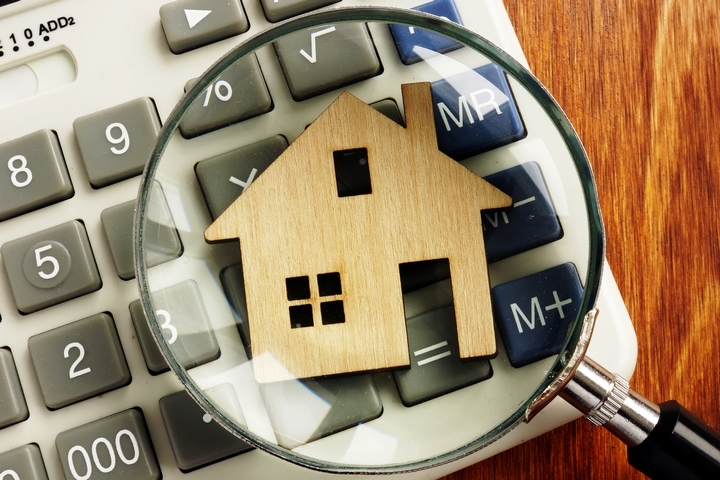 Some applicants may select a mortgage with an adjustable rate, but this is one of the rookie mistakes to avoid. Even though this may start out in one’s favor, over time, rate of payment can increase to the degree that it becomes unaffordable. When this happens, too often homeowners have to take equity out of their home and refinance. Don’t set yourself for failure. Choose a mortgage that you know you can afford from start to finish.
Some applicants may select a mortgage with an adjustable rate, but this is one of the rookie mistakes to avoid. Even though this may start out in one’s favor, over time, rate of payment can increase to the degree that it becomes unaffordable. When this happens, too often homeowners have to take equity out of their home and refinance. Don’t set yourself for failure. Choose a mortgage that you know you can afford from start to finish.
Mistake #2: Longer mortgage amortization
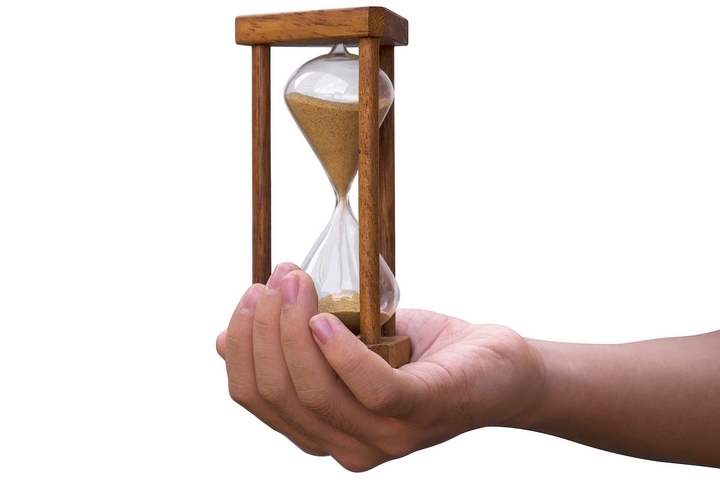 Longer-term mortgages are becoming increasingly popular, giving borrowers more time to complete payment. Mortgages with longer amortization help borrowers buy larger houses with lower monthly payments but unless you’re in your 20s with the intention to staying in a home long enough to really build your equity, all you’re going to end up doing is paying out more interest.
Longer-term mortgages are becoming increasingly popular, giving borrowers more time to complete payment. Mortgages with longer amortization help borrowers buy larger houses with lower monthly payments but unless you’re in your 20s with the intention to staying in a home long enough to really build your equity, all you’re going to end up doing is paying out more interest.
Mistake #3: Career changes
 Changing careers is one of those unintentional mortgage mistakes to avoid. Lenders want consistency and a demonstrated reliable stream of income. Losing a job, switching jobs, or even receiving a promotion can affect your ability to qualify for a mortgage. If you’re applying for a mortgage, do so in a stable job position.
Changing careers is one of those unintentional mortgage mistakes to avoid. Lenders want consistency and a demonstrated reliable stream of income. Losing a job, switching jobs, or even receiving a promotion can affect your ability to qualify for a mortgage. If you’re applying for a mortgage, do so in a stable job position.
Mistake #4: Your credit score is low
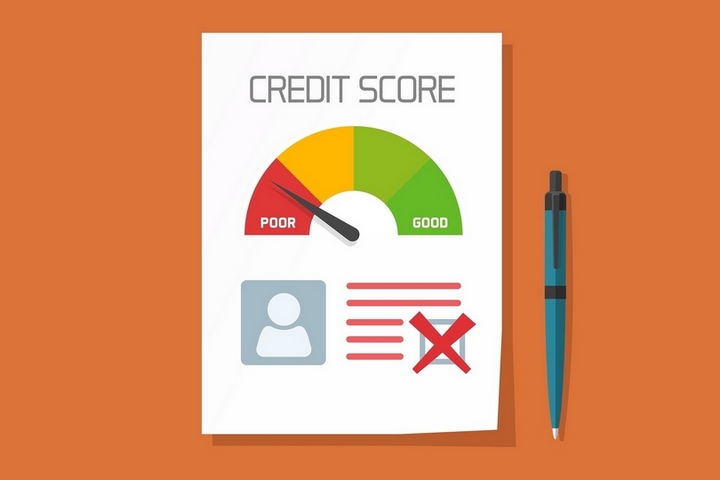 Check your credit score. If it’s not any good, invest a year or longer in improving it before you apply for a mortgage. A lot rides on your credit score. A bad one is going to hinder your application. It isn’t impossible to get a mortgage on bad credit but you may find it significantly more difficult and the final terms to be not as much in your favor as you would have hoped.
Check your credit score. If it’s not any good, invest a year or longer in improving it before you apply for a mortgage. A lot rides on your credit score. A bad one is going to hinder your application. It isn’t impossible to get a mortgage on bad credit but you may find it significantly more difficult and the final terms to be not as much in your favor as you would have hoped.
Mistake #5: Your down payment isn’t enough
 There are ‘no down payment’ mortgages in Canada but we highly recommend not using them. Down payments are very important. They increase your equity in the home from the word ‘go’ and they show to a lender you’re willing to take on some of the risk of this investment. If you do not have a down payment or your down payment isn’t enough, wait.
There are ‘no down payment’ mortgages in Canada but we highly recommend not using them. Down payments are very important. They increase your equity in the home from the word ‘go’ and they show to a lender you’re willing to take on some of the risk of this investment. If you do not have a down payment or your down payment isn’t enough, wait.
Mistake #6: Lying about your income
 Lying is one of the worst mortgage mistakes to avoid. Some borrowers try to lie and inflate their income with the objective being to buy a larger home than what they can truly afford. Do this and you’re not only committing fraud but you are likely to fall behind on actually paying your mortgage which will lead to bankruptcy and/or foreclosure. Don’t buy a property you ‘think’ you can afford in the future – buy one you can afford today with the money you have.
Lying is one of the worst mortgage mistakes to avoid. Some borrowers try to lie and inflate their income with the objective being to buy a larger home than what they can truly afford. Do this and you’re not only committing fraud but you are likely to fall behind on actually paying your mortgage which will lead to bankruptcy and/or foreclosure. Don’t buy a property you ‘think’ you can afford in the future – buy one you can afford today with the money you have.
Mistake #7: Choosing the first mortgage option you see
 A mortgage is a big financial commitment, so you want to avoid making impulsive mortgage mistakes. As time-consuming as it can be, research what’s possible on the various mortgage options. You may end up discovering another mortgage type is more advantageous to you. Look at mortgage comparison charts and articles. Review these options with your lender and get their input. Find the right terms for you.
A mortgage is a big financial commitment, so you want to avoid making impulsive mortgage mistakes. As time-consuming as it can be, research what’s possible on the various mortgage options. You may end up discovering another mortgage type is more advantageous to you. Look at mortgage comparison charts and articles. Review these options with your lender and get their input. Find the right terms for you.
Mistake #8: Struggling and refusing to ask for help
 Mortgages can be a complicated, overwhelming process for some people. If you’re struggling and/or have a complicated financial profile, ask for help from a family member or friend. Alternatively, there are mortgage advisors that can provide a helping hand. A borrower should understand the costs they’re committing to and the paperwork they’re signing. If you feel like you’re not, find someone who can sit with you to help ensure you’re making the right choices.
Mortgages can be a complicated, overwhelming process for some people. If you’re struggling and/or have a complicated financial profile, ask for help from a family member or friend. Alternatively, there are mortgage advisors that can provide a helping hand. A borrower should understand the costs they’re committing to and the paperwork they’re signing. If you feel like you’re not, find someone who can sit with you to help ensure you’re making the right choices.
Mortgage #9: Committing to a mortgage with a bad payment schedule
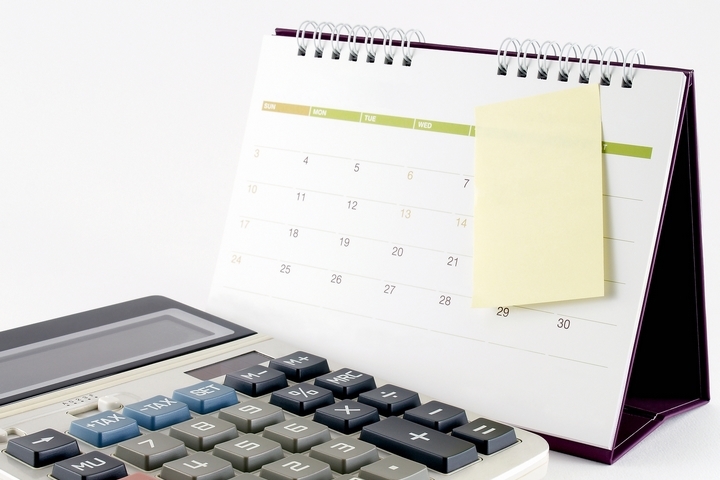 Dedicating too much of your monthly income to mortgage payments will make you house-poor. You should have enough money after paying your mortgage to pay your bills and save for retirement as well. For this reason, it’s often said to spend less than 28 percent of your pre-tax income on your mortgage. By this rate, if you earn $75,000/year, you should be putting no more than $1,750/month on your mortgage, insurance premiums, and any other associated fees.
Dedicating too much of your monthly income to mortgage payments will make you house-poor. You should have enough money after paying your mortgage to pay your bills and save for retirement as well. For this reason, it’s often said to spend less than 28 percent of your pre-tax income on your mortgage. By this rate, if you earn $75,000/year, you should be putting no more than $1,750/month on your mortgage, insurance premiums, and any other associated fees.
Mistake #10: Pre-qualification isn’t pre-approval
 Mortgage pre-qualification is done quickly and issued by a lender to a borrower without doing any research. It relies on the borrower being honest about their financial status, income, and credit. It isn’t the same as pre-approval and in fact, pre-qualification means little to nothing in buying property. When buying a home, you want to be pre-approved which is to review pay stubs, tax returns, credit reports, and other information with a potential lender.
Mortgage pre-qualification is done quickly and issued by a lender to a borrower without doing any research. It relies on the borrower being honest about their financial status, income, and credit. It isn’t the same as pre-approval and in fact, pre-qualification means little to nothing in buying property. When buying a home, you want to be pre-approved which is to review pay stubs, tax returns, credit reports, and other information with a potential lender.
Mistake #11: Ignoring the cost of home ownership
 A lot of us believe once we get a mortgage, the monthly payment agreed on is the full cost of home ownership. Unfortunately, not so. On average, annual home maintenance costs 1 to 2 percent of a home’s purchase price. This means if you buy a $400,000 home, you can expect paying between $4,000 and $8,000 every year on fixes, replacements, repairs, and renovations. Some years you may spend less, other years more. Property taxes also can add a lot – A LOT! – to one’s home ownership costs. This is one of the costliest mortgage mistakes you should absolutely avoid.
A lot of us believe once we get a mortgage, the monthly payment agreed on is the full cost of home ownership. Unfortunately, not so. On average, annual home maintenance costs 1 to 2 percent of a home’s purchase price. This means if you buy a $400,000 home, you can expect paying between $4,000 and $8,000 every year on fixes, replacements, repairs, and renovations. Some years you may spend less, other years more. Property taxes also can add a lot – A LOT! – to one’s home ownership costs. This is one of the costliest mortgage mistakes you should absolutely avoid.
